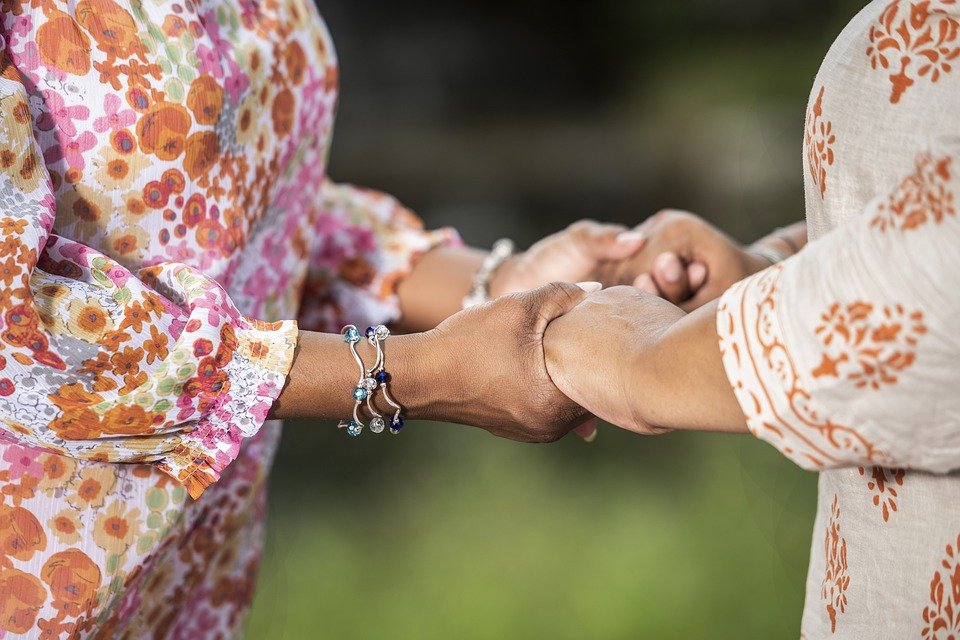


Thankfully, I’ve seen that the endemic silencing is slowly been disturbed and there are voices emerging in mainstream media. But let’s be real – the vast majority of those voices publicly championing menopause awareness are white women. Don’t get me wrong, I, like many others are incredibly grateful for those that they are using their platforms to make waves, but I can’t help but feel aggrieved that the black lived experience is not even a ripple in that ocean. Our specificities are largely being ignored!
I was happy to sign the Make Menopause Matter petition and cheered loudly when I heard that the Government had cut the cost of repeat HRT prescriptions (which should have been done a long time ago). But as a hard-wired activist and a researcher, I didn’t see the black experiences menopause in those calls to action. To be honest, I know that some of the silence lies in the knowledge that when we as black people speak about the specificities of our physiology and existence being woven in inequality, racism, bias and prejudice, and ask for that diversity to be taken into account in policy and service delivery, it is often seen as an act of defiance and ingratitude, so we often shut up and put up.
Practically every conversation on mainstream media on menopause references HRT, but in the context of black bodies that are pre-disposed to fibroids, HRT can increase fibroid volume so the recommendation is that if HRT is to be prescribed a minimal effective dose should be given together with regular follow-ups. Many say that they are not told about possible risks, nor the need for follow up appointments. My other concern is around what counts as evidenced based research data – Who is researched and Who participates in clinical trials? Are the participants truly representative of diverse ethnic groups taking account of specific co-morbidities such as sickle cell disease, or of their living conditions, lifestyles, etc? You only have to refer to the Tuskegee Syphilis Study, Henrietta Lacks (HeLa Cells) documentary and add structural and institutional racism and it becomes clear why there continues to be low numbers of black participants in clinical trials.
The point I am making is that the simplicity in the messages on menopause awareness ignores our cultural, historical and social diversity, and that lack of acknowledgment and understanding of our unique and profound circumstances is unhelpful.
Menopause experiences are not universal, and the discourse that interventions need to be centred on western medicalisation models needs be challenged and debunked because when it comes to holistic wellbeing there is a lot of indigenous knowledge in the black community but for some reason it hardly gets a look in. So, when I speak of decolonising menopause, I am saying that the specificities of black experiences ought to be considered and reflected in the raising of awareness, in challenging policy and practice, and in the development of health and wellbeing interventions.